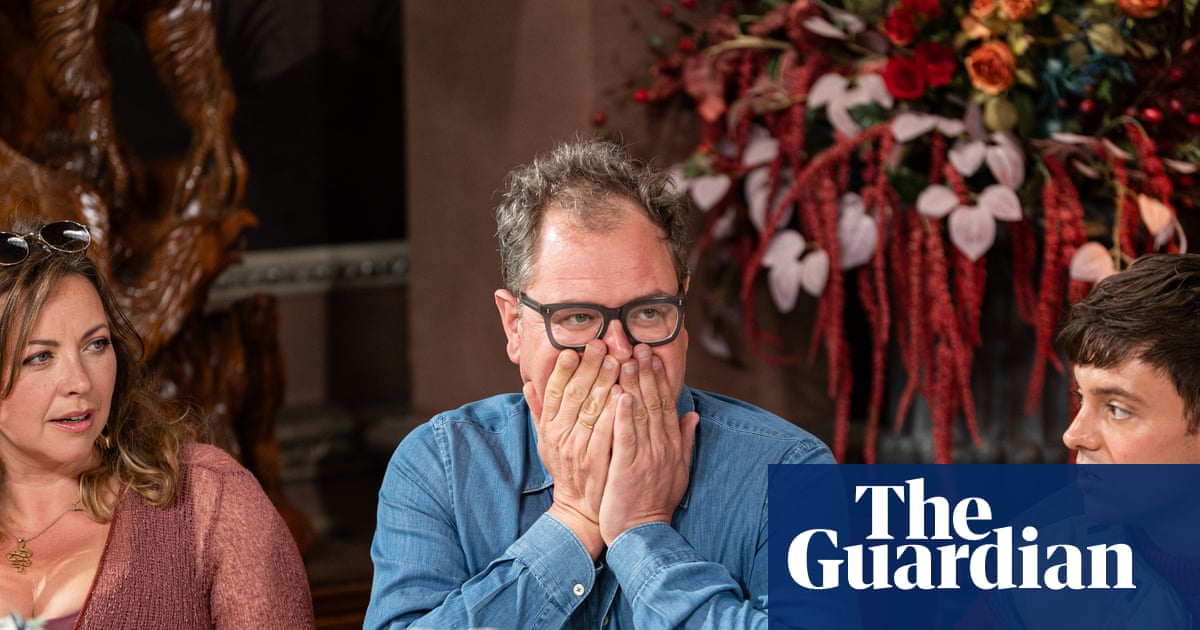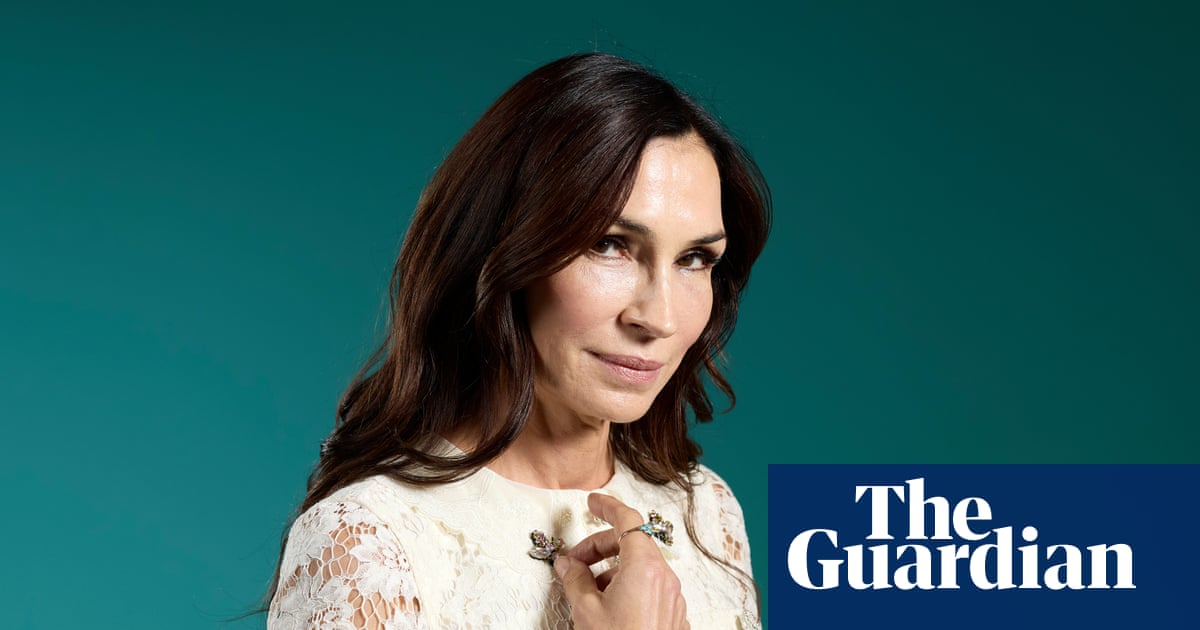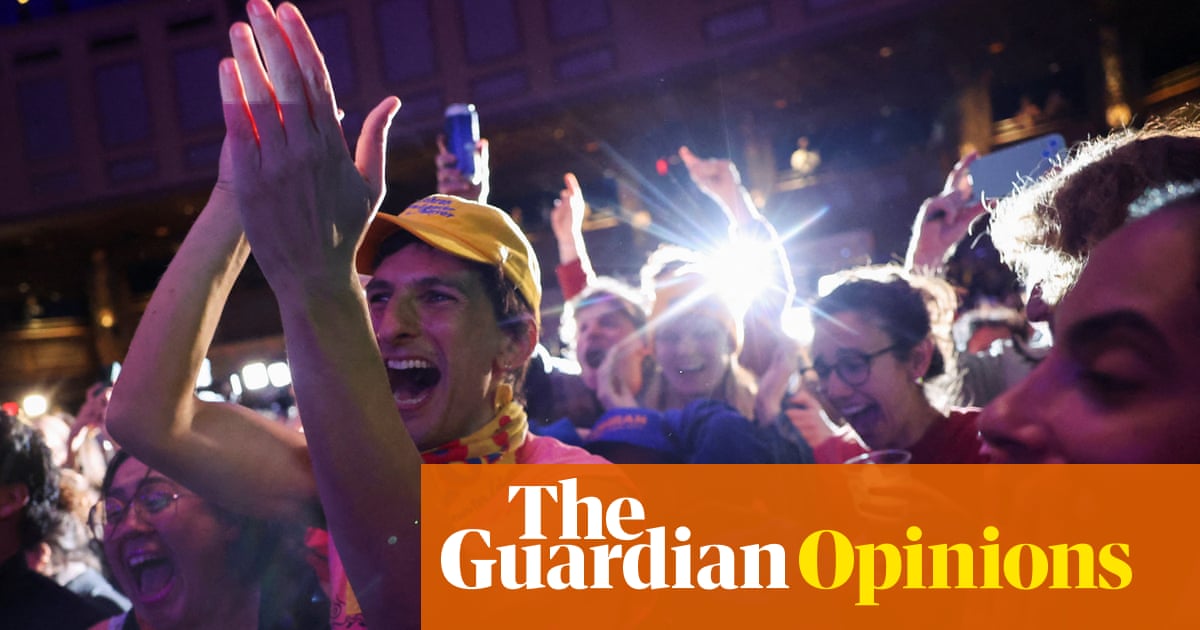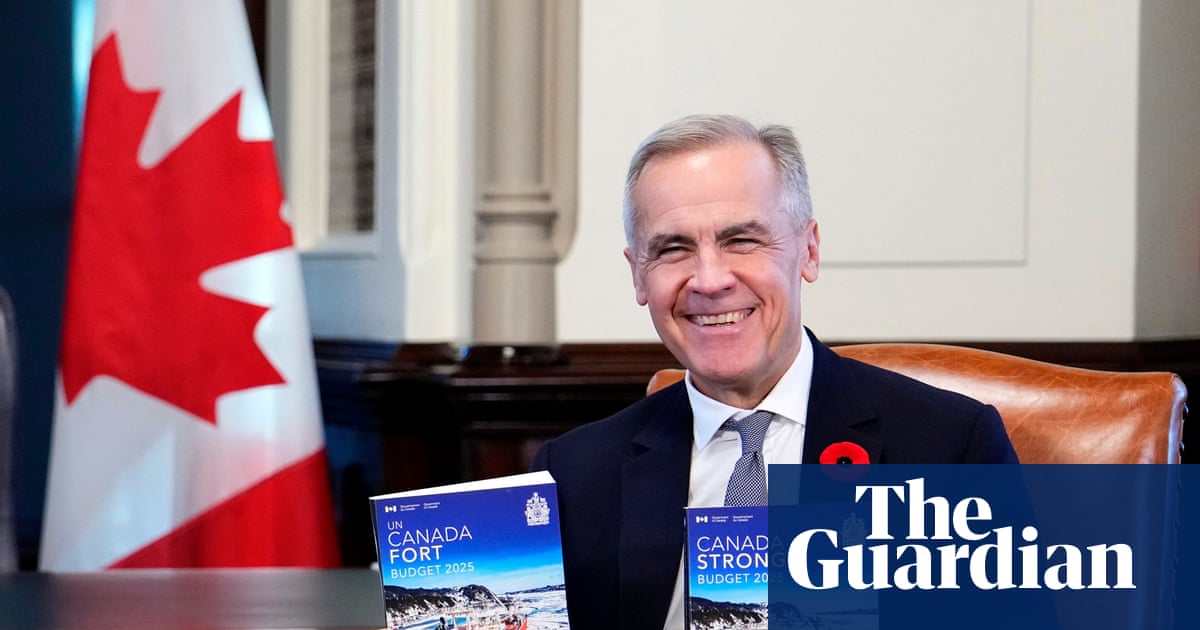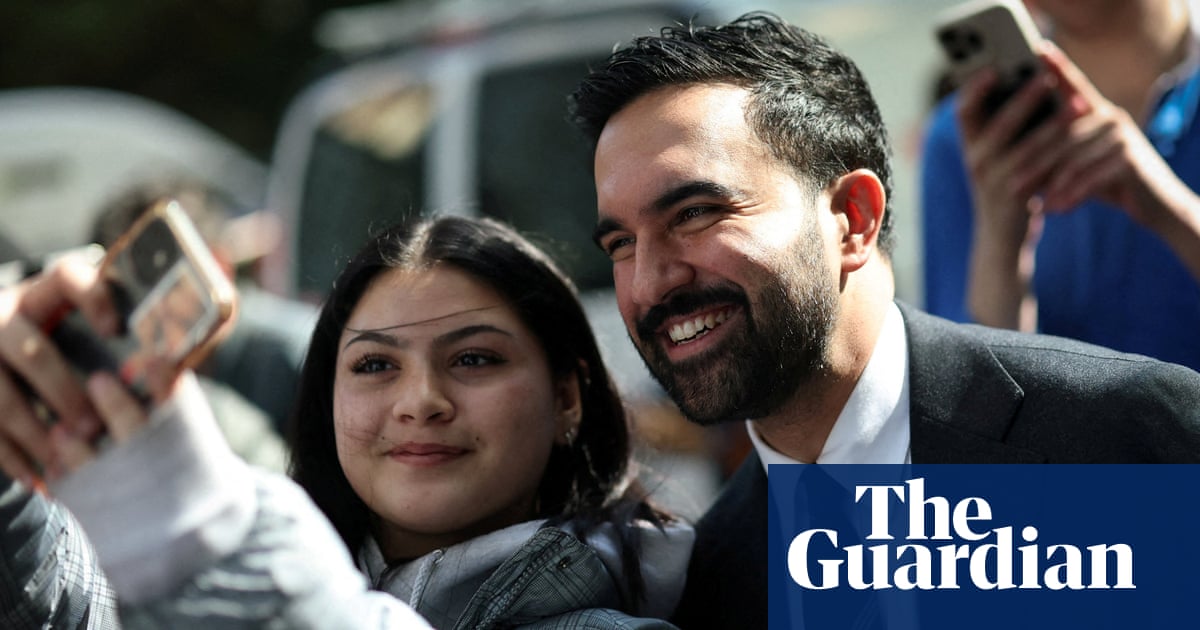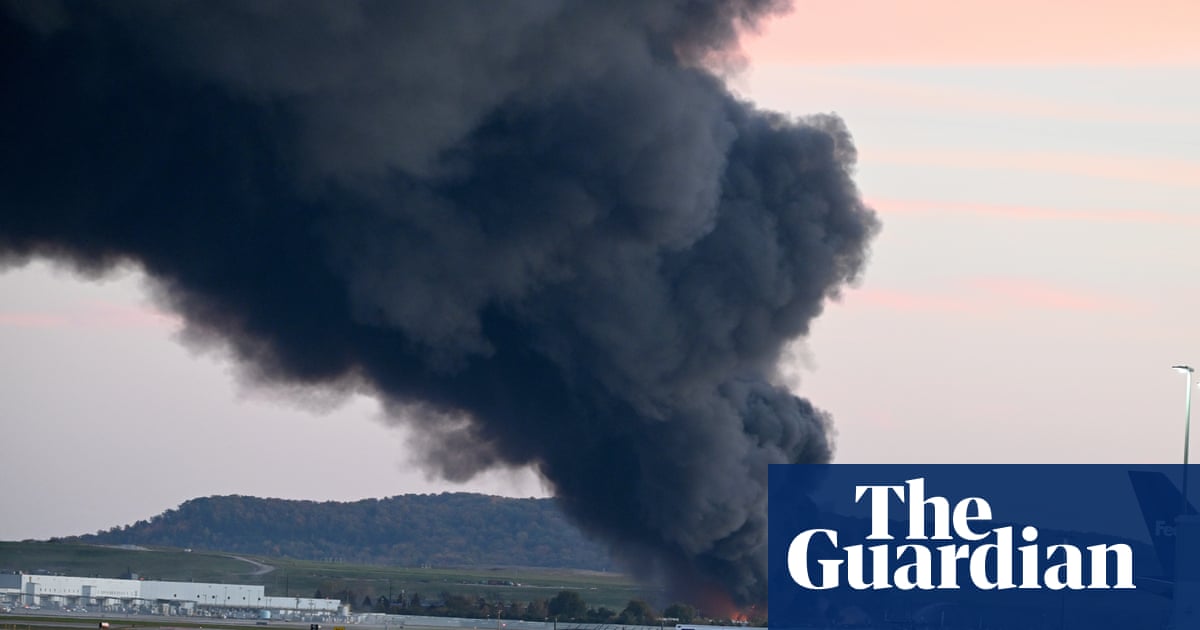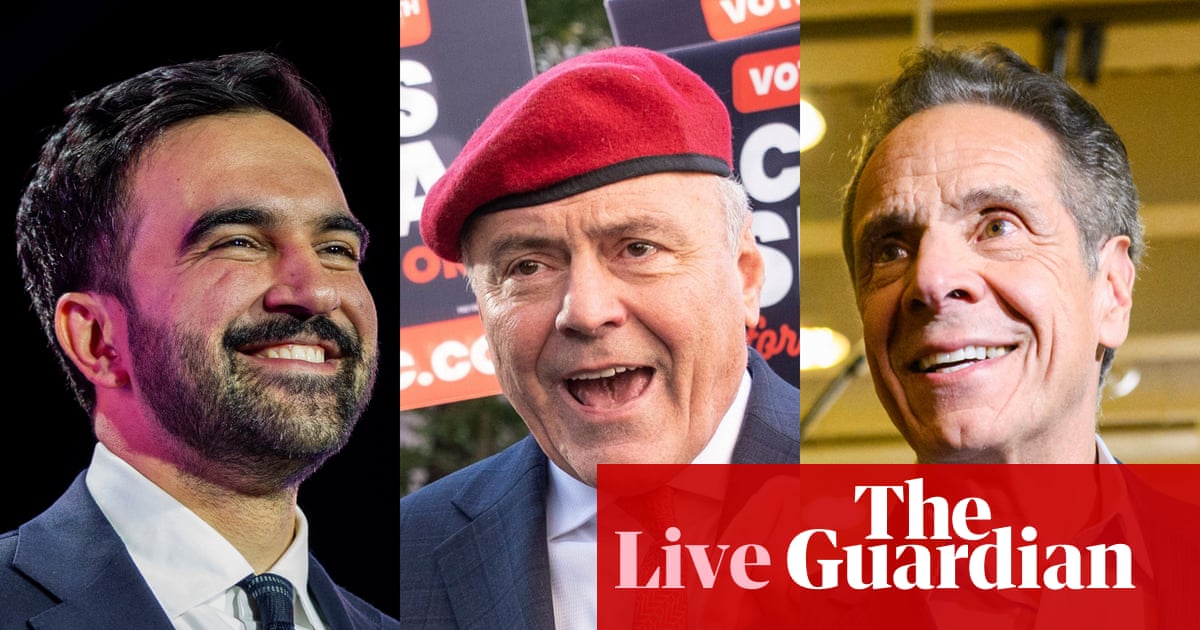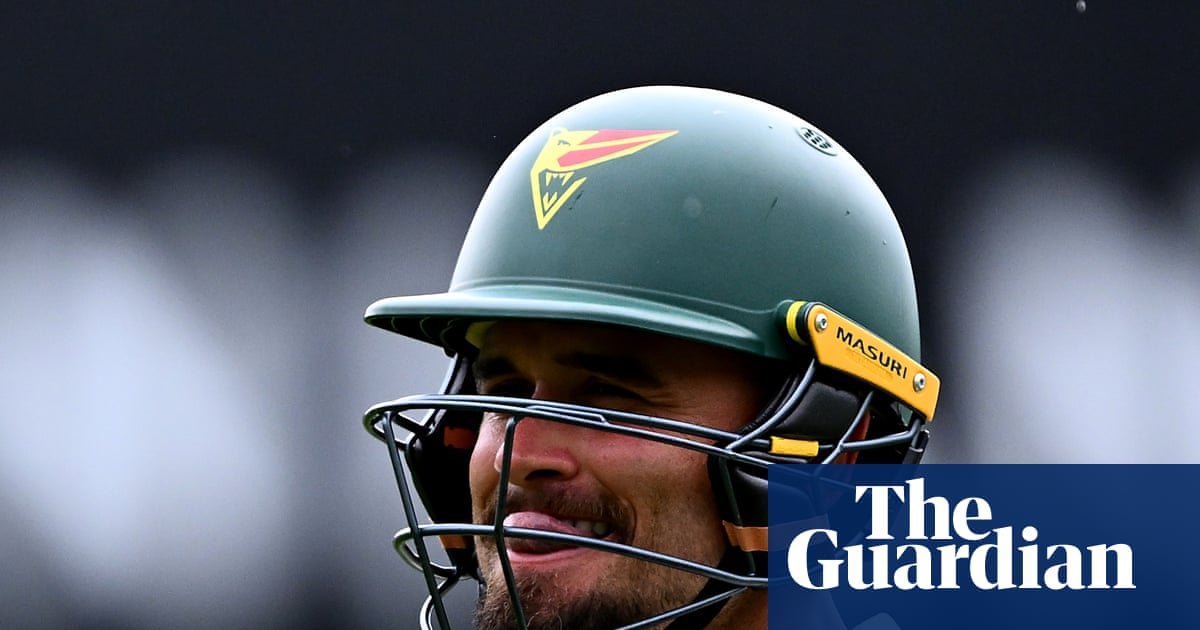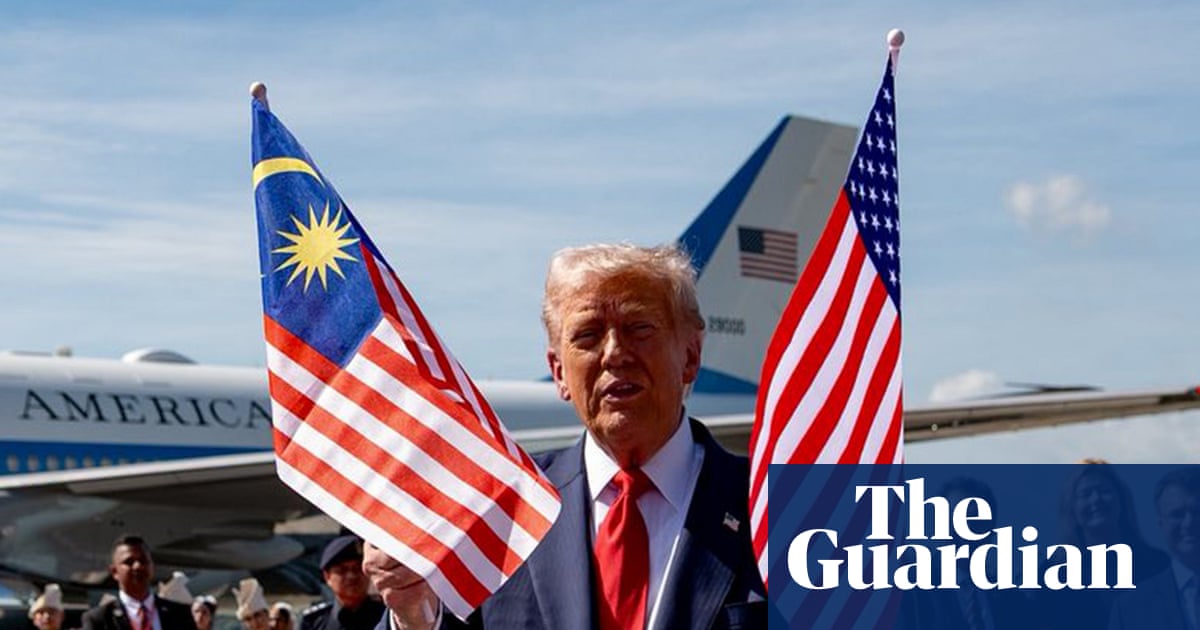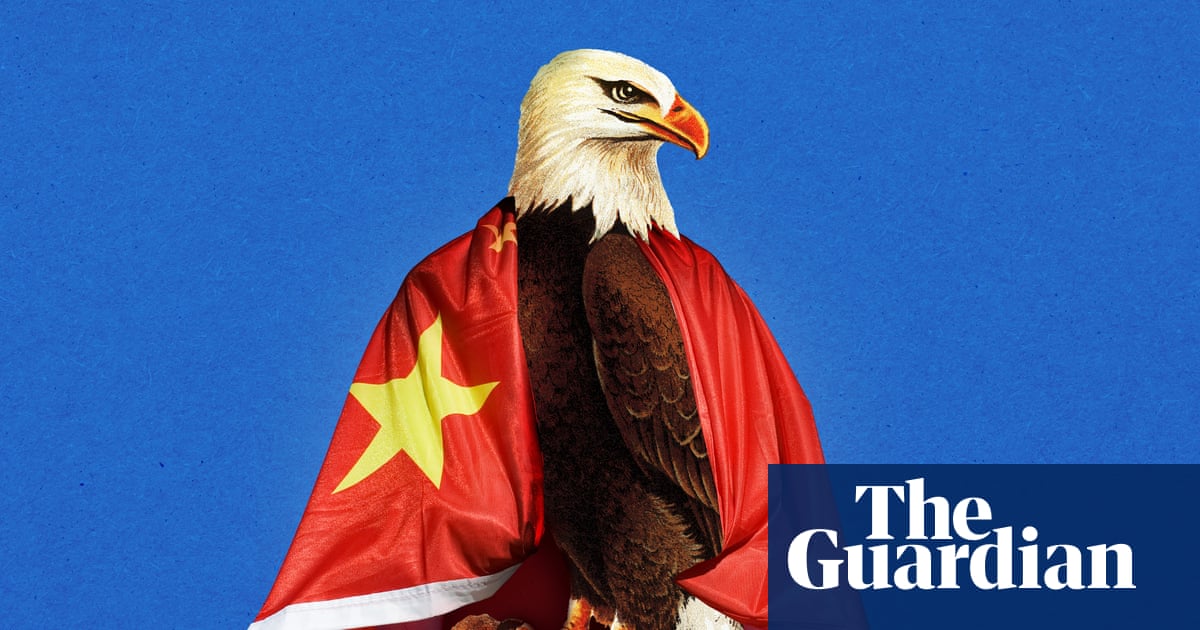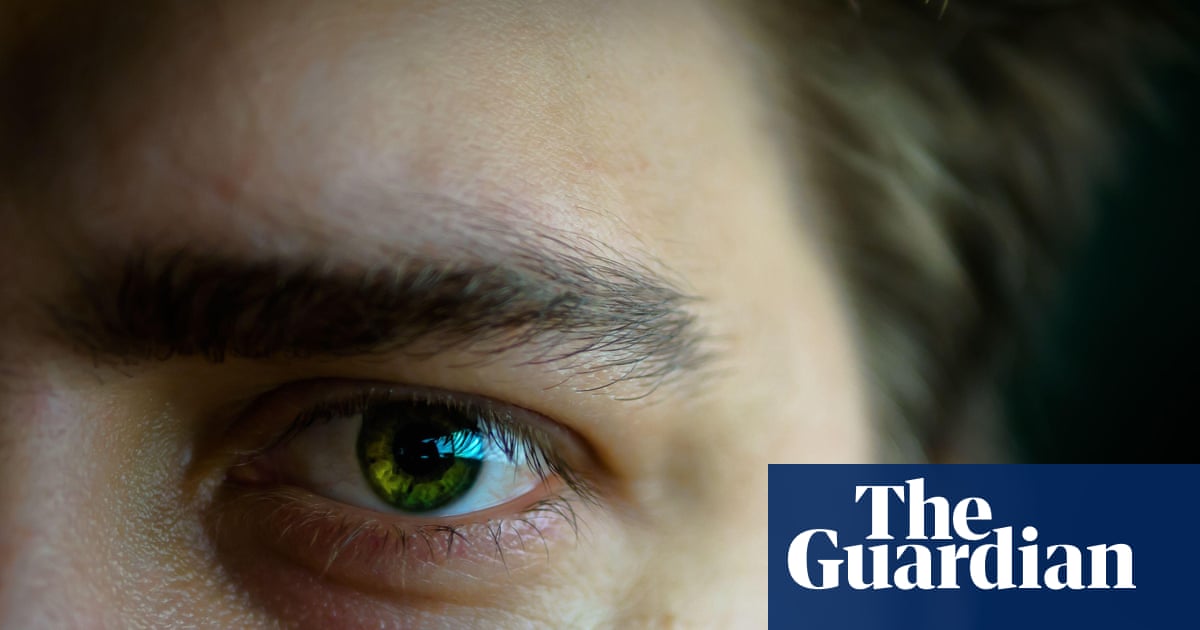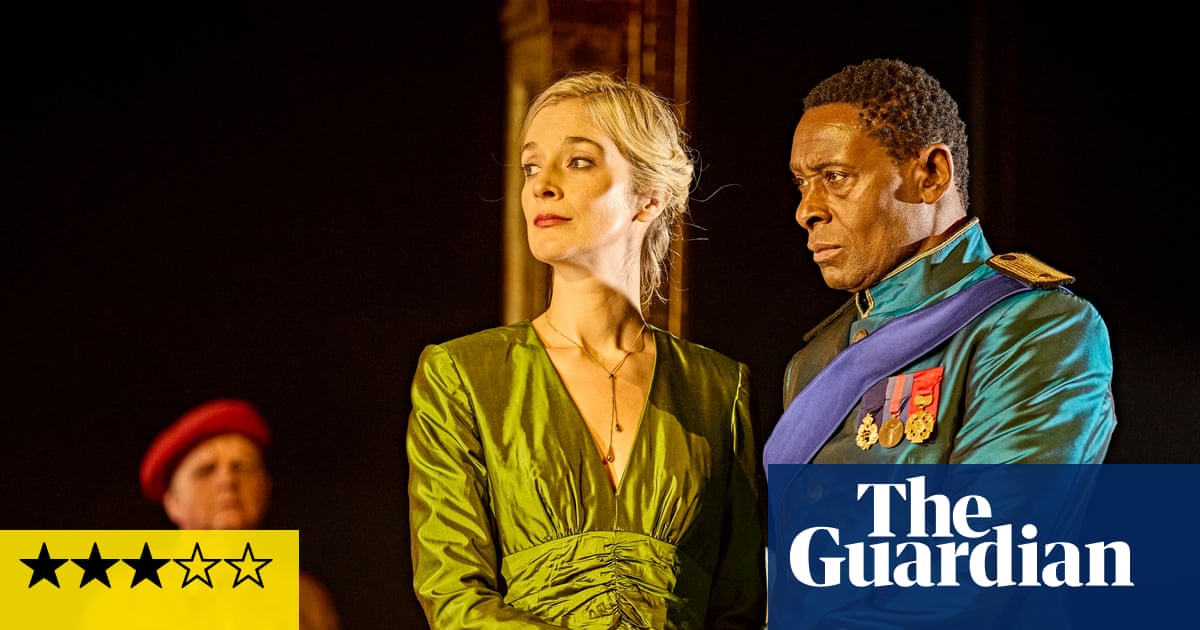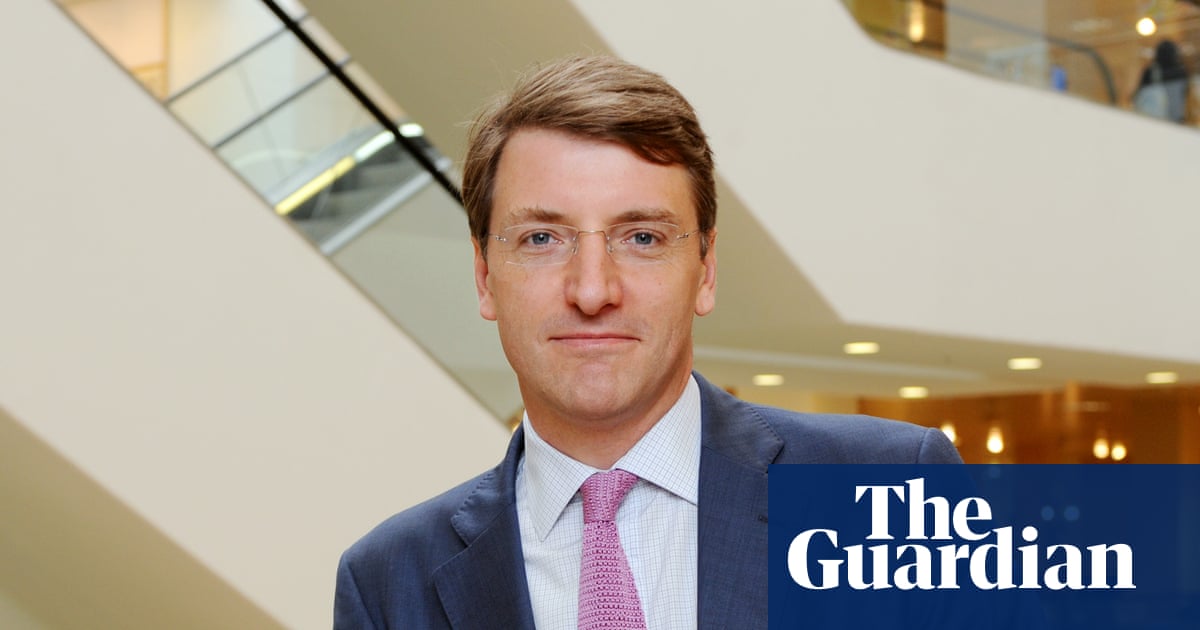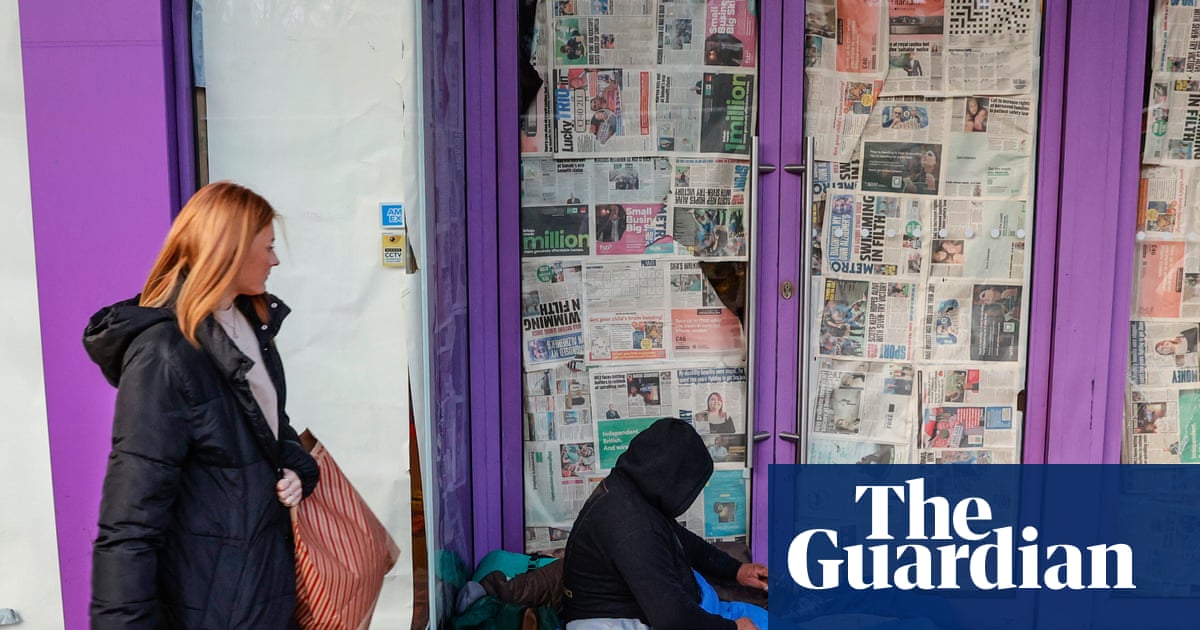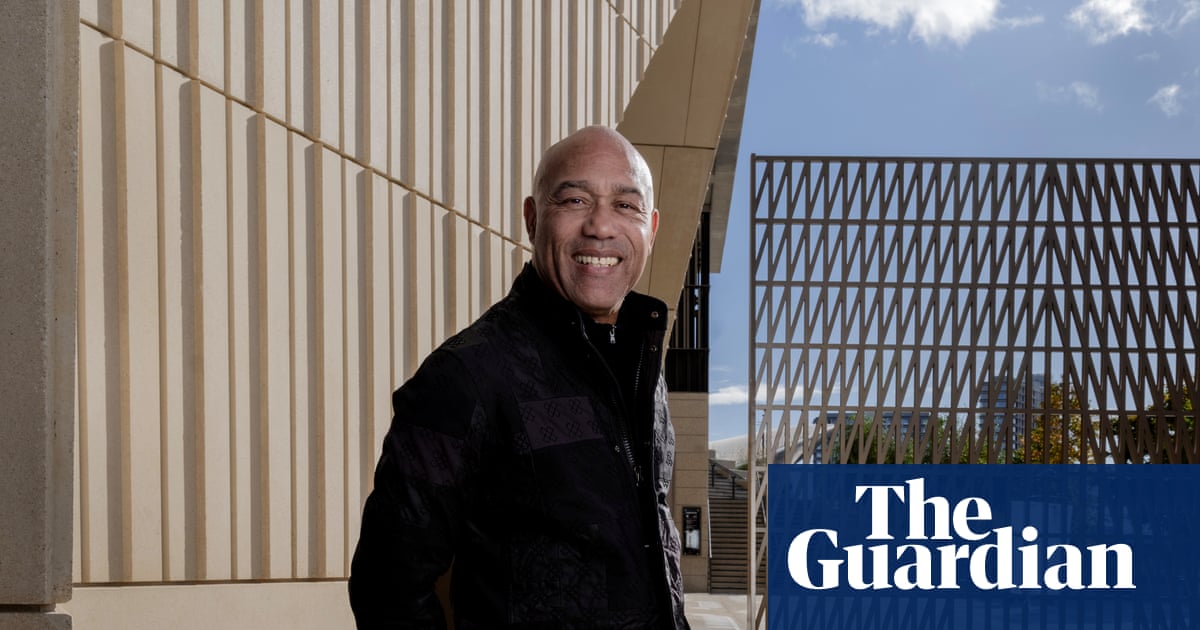“Don’t let the boys sell the papers after I die,” a former senior executive in the Murdoch empire recalls Rupert saying in more than one meeting over the years.
Murdoch, who was practically born with ink in his veins, built a media empire spanning Fox News and the Wall Street Journal in the US, and the Sun and Times newspapers in the UK.
Following his $3.3bn (about £2.4bn) deal to end the long-running family feud over the future control of his business, that decision on whether to sell the papers will be down to his eldest son, Lachlan.
The 54-year-old has been heir-apparent since his younger brother, James, resigned from the board of News Corp five years ago citing “disagreements” about editorial content, and has chaired the media group and Fox Corp since 2023.
After an embarrassing failed legal attempt to strip voting power from his siblings, James, Elisabeth and Prue – who combined could have wrested control of the Murdoch empire after Rupert’s death – Lachlan will now have sole control over a new family trust, with about a third of the votes in the two listed media companies.
The structure ensures that the conservative political slant of most of the group, and in particular the rightwing commercial juggernaut Fox News, which continues to thrive in the Trump era, will be preserved. But it poses some big questions about key corners of the empire assembled by his father over seven decades.
‘Teflon Rebekah’
Lachlan is said by some to not be as enamoured as his father with Robert Thomson, the 64-year-old boss of News Corp, whose friendship and business career with Rupert go back decades . But he is described by one source as “super-close” to the News UK chief, Rebekah Brooks.
It has emerged that Brooks was in attendance at the Harvard Club in New York alongside personal representatives of the two warring sides of the Murdoch family when meetings began this year about the buyout and trust change.
“Rebekah was in the room when negotiations were taking place. That tells you all you need to know about the closeness of Rebekah to Rupert and Lachlan,” says another former senior executive. “She remains untouchable: Teflon Rebekah.”
However, this relationship could be tested when the spotlight returns later this month to the phone-hacking scandal. ITV, which last year made a national issue of the machinations of executives over the Horizon IT scandal in the drama Mr Bates vs The Post Office, is launching a series on the scandal called The Hack, based in part on a book by the former Guardian journalist Nick Davies.
News UK has already sent a legal note to publishers on behalf of the parent company of the Sun about allegations made in the series.
For Lachlan, presiding over listed businesses with a $42bn combined market valuation, commercial decisions that would be unconscionable to the family patriarch who is a newspaper man through-and-through are likely to come into sharper relief.
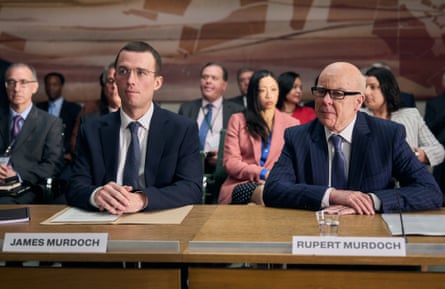
“It is no secret he likes newspapers more than James did, but today is completely different than when he grew up and they were all making a lot of money and fuelling the business,” says the first former executive. “The crossroads for the business, certainly as far as newspapers are concerned, will be when Rupert passes, because of Lachlan’s loyalty and respect.
“I think he will make some purely quite cold business decisions. He has probably had conversations about it and Rupert would have said, ‘You make the call,’ and would have respected that, as he has had to make plenty of tough decisions.”
Under Thomson, who recently had his contract extended until 2030, News Corp continues to perform strongly, with a $17bn market value that has almost doubled over the past five years. The business delivered a 4% increase in revenues, to $8.4bn, and a 14% increase in profits to $1.4bn in its most recent results for the year to 30 June.
However, 85% of profits are derived from Dow Jones, home to the Wall Street Journal, Barron’s and MarketWatch, and its digital real estate business.
Dow Jones, which has been estimated by analysts to be worth more than $10bn if it were hived off, continues to thrive amid the impact of the onset of traffic-diverting products such as Google’s AI Overviews and AI Mode.
Digital-only subscriptions to Dow Jones products rose by 7% to 6.3m in the year to June; within this the Wall Street Journal grew 9% to 4.1m.
What next for the Sun?
In the UK, the Times and Sunday Times grew digital subscriptions by 46,000 to 640,000 in the year to June, and made a £61m profit in 2024, according to the most recent filing at Companies House.
Overall, News Corp’s news media segment, which includes News UK, its Australian subsidiary and the New York Post, reported profits of $153m, 11% of the group total. But a $39m fall in ad revenues was attributed to falling print income in Australia and digital traffic at the Sun due to “algorithmic changes at certain platforms”.
What to do about the Sun is one of the biggest issues facing Lachlan. According to News Corp, the Sun, which this year launched a £2-a-month paywall for certain content, had a 22% year-on-year decline to 87m global monthly unique users in June.
The parent company of the Sun reported that it made a pre-tax loss of £18m in the year to June 2024, the smallest loss since 2011, but bringing cumulative losses at the red top’s owner to more than £1.2bn since the start of its costly phone-hacking battle almost 15 years ago.
after newsletter promotion

For the paper that once boasted “It’s the Sun wot won it” after successfully endorsing the Conservatives in the 1992 UK general election, the idea of ever returning to the halcyon days of hundreds of millions of pounds in annual profits is unthinkable in the digital era.
“Rupert is obsessed with the Sun and New York Post, which has been bleeding money for years, and in Australia the power is gone,” says the second senior executive. “The Murdoch papers don’t have the voice, influence or commercial income they once had.
“Thirty-five years ago it was the Sun financially powering the takeover of Sky. But for an investor now, or if McKinsey came in, no one would say looking at the current landscape that they should still hang on to these assets. Concentrate on core profit-making operations.”
With investors no longer concerned about the ramifications of a potential succession standstill – and the ongoing certainty of the $3.62bn in profits that Fox News’s owner, Fox Corp, made in its last financial year – one move analysts seem to agree will not happen is a renewed effort to merge News Corp and Fox.
Two years ago, Murdoch scrapped a proposal to reunify his media businesses, which he was forced to split after the phone-hacking scandal, following opposition from investors and from his son James.
“The proposed merger was voted against by a huge number of external shareholders,” says Claire Enders of Enders Analysis. “I don’t think the issues put forward then are going to go away. With lawsuits against Fox and the Wall Street Journal I don’t think a merger will be at the top of the list.”
Lachlan ‘wants size and scale’
As for his susceptibility to political pressure, Lachlan is hard to read. Some believe he is even further to the right than his father, pointing to material released during Fox’s legal battle with Dominion Voting Systems, in which he appeared to back a more pro-Trump approach in the aftermath of Joe Biden’s 2020 election.
Fox is still facing a legal action from the voting system Smartmatic.
“He doesn’t aspire to be that king maker, politically, that Rupert has been throughout his career,” says Paddy Manning, a journalist and author of The Successor: the high-stakes life of Lachlan Murdoch.
While Trump and the Maga movement remain key to the fortunes of Fox News, Lachlan has backed the Wall Street Journal, and its editor-in-chief, Emma Tucker, over a lawsuit following the publication of allegations that the president composed a crude poem and doodle as part of a collection compiled for Jeffrey Epstein’s 50th birthday.
Lachlan and his father are likely to take a hard look at its business operations following the payout to secure his eldest son’s control.
The deal required a new $1bn loan to be taken out and at about 34% the new trust will have a bit less control over the businesses than with the 40% voting power the family previous held.
In November, the activist investor Starboard Value lost a shareholder vote aimed at scrapping the dual-class share structure at News Corp, which would have weakened the family’s control.
Starboard has also pushed for News Corp to spin off REA, the highly successful digital real estate business controlled by News Corp in Australia.
Considered to be Lachlan’s shrewdest and most profitable contribution to the building the family empire – in 2001 he persuaded News Corporation to invest A$2m in REA for a 44% stake increasing to 62% in 2005 – the business accounted for 43% of News Corp’s profits in its latest financial year.
Last September, REA Group abandoned its attempt to take over the UK property portal Rightmove after its fourth offer of £6.2bn was rejected.
“Lachlan is ambitious,” says a third source who has worked with him. “I bet he swings big. He never wanted to sell [21st Century] Fox to Disney, or see Sky go to Comcast, he wants size and scale. How big he goes and how he finances it are the big questions.”

 1 month ago
38
1 month ago
38

